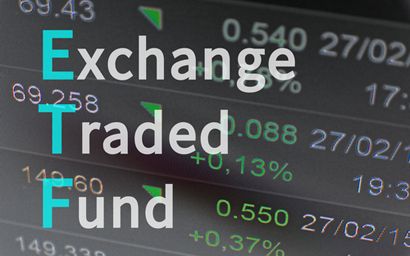With the exception of the learned few (myself definitely not included) the ins and outs of the financial world, with its confusing jargon and its seemingly endless variety of stocks, bonds and any other type of investment that can be dreamt up, can be confusing if not downright gibberish to most of us. The fine line between different types of funds can be blurred at times, and it can become difficult to distinguish the specific differences between them. That’s why today we will be asking an age-old question, one that has been pondered by some of the greatest minds humankind has ever seen. What…is an ETF?
While in actuality this may not be one of the great mysteries of all time, it is still a confusing topic to some (myself included, until very recently) that could use some light shed on it. To be short and sweet, ETF stands for Exchange-Traded Fund, and like mutual funds, ETFs are typically baskets of stocks, bonds and other assets that can be tracked just like an index fund. The key difference between these and, say, a mutual fund, is that an ETF can be purchased and sold just like stocks at any time during the trading day on an exchange, with prices varying throughout the day and ceasing as the market closes. Because these funds are bought or sold on the market exchange, they can be attractive alternative for individual investors. With the investment diversity of a mutual fund and the ability to sell, along with other key benefits (ETFs are relatively low-cost and tax efficient), ETFs definitely have their advantages for traders big and small.
So now, with the basic knowledge of what an Exchange-Traded Fund actually is anyone can be an expert investor. Well, maybe not, but it can’t hurt to be more informed about the financial world, particularly if any of these investment types find their way into your portfolio.
This information should not be relied upon by the readers as research or investment advice nor should it be construed as a recommendation to purchase or sell a security.

